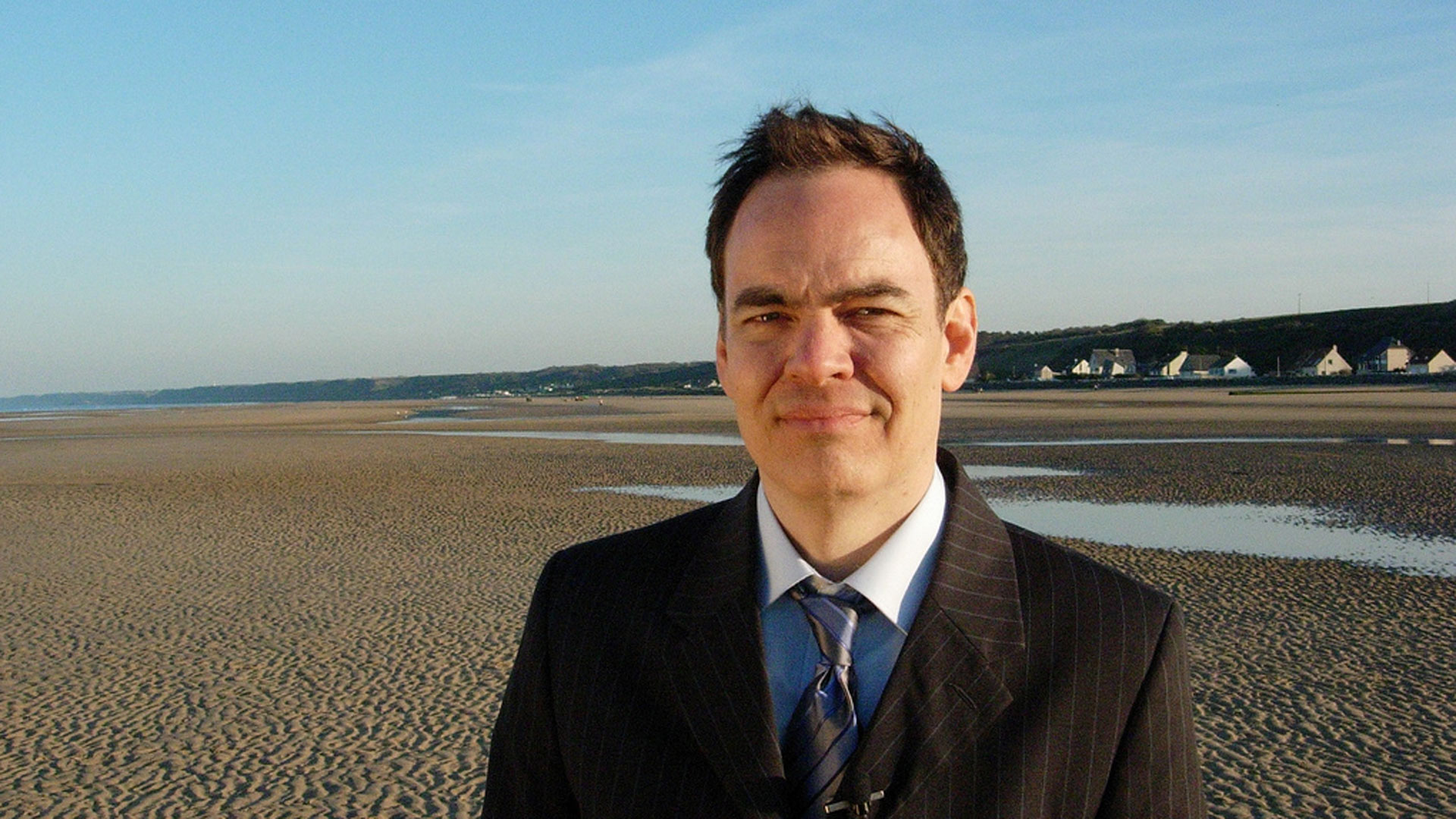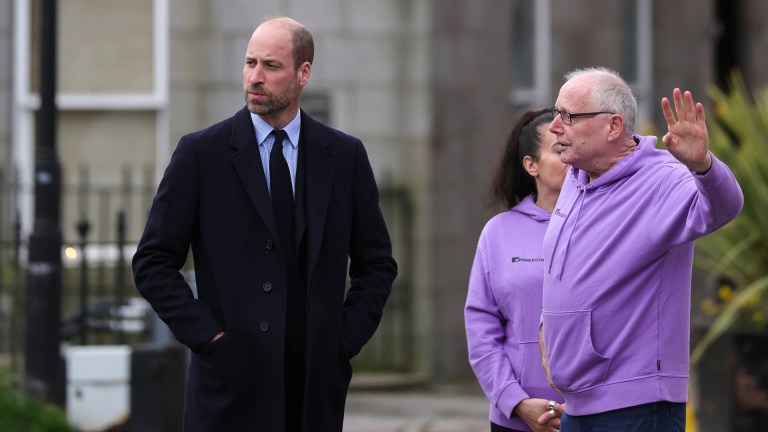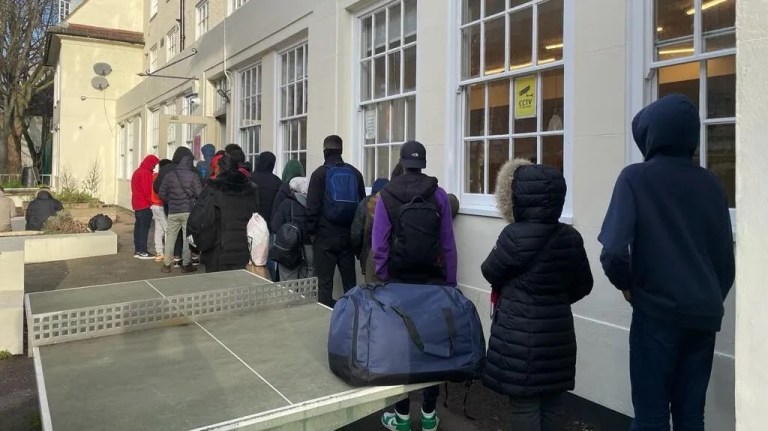“I consider myself to be a war reporter,” he says. “This is my Vietnam. I came here to see the worst carnage of the big four banks who operate here, to give our viewers a frontline report.”
Keiser is “pro-capitalism” but he’s still angry so much public money was used to prop up the banking system in the aftermath of the 2008 crisis. “Where did that money go? Did it go on wages? No. It went into speculation and property and stocks. It created no actual economic activity whatsoever.”
I ask Keiser whether he thinks the outraged left understands money or financial markets. “They don’t,” he says. “It’s their number one failing. They consider it beneath them. Which is a shame because it’s why they are losing so horribly. The left believe they can succeed with a message of faith. There’s no depth other than, ‘We believe we’re doing good, and if we believe we’re doing good then good will prevail.’”
So what does he admire about a socialist like George Galloway? “Well, Galloway’s on the left, I’m more on the right. But Galloway fights. He is willing to fight for what he believes in, not just talk about it. I mean, he’ll actually get into a fight in the parking lot. That’s someone in politics I can support. I can’t imagine John Kerry getting into a fight in the parking lot.”
The RT commentator’s analysis of Greece involves a firm dismissal of former Prime Minister Alexis Tsipras’ “dastardly deal” with the troika and other EU power brokers. It amounts, he says, to a “leveraged buyout” – one that will strip the Mediterranean country of its public assets and economic sovereignty.
Advertising helps fund Big Issue’s mission to end poverty
Would the Greeks have been better to return to the drachma? “Well Iceland chose a different path –they arrested bankers, put them in jail,” says Keiser. “They allowed the krona to collapse and restarted their economy. They are now one of the world’s fast-growing economies. If you want your dignity, your sovereignty, that’s the choice. If you want to be a vassal state of international bankers, you can do what Tsipras did.”
Unsurprisingly, Keiser has few kind words to say about the health of UK PLC. Alongside our over-reliance on casino banking, the property bubble has been prevented from bursting through an “exhausted” policy of ultra-low interest rates.
“You can’t build an economy based on a bubble,” he says. “Property prices are the bubble that’s kept the Conservatives in power – and I wouldn’t really consider Tony Blair to be anything other than a conservative – since Thatcher. She started this period, and it’s still in play. Interest rates in the UK have hit a 300-year low. It’s unsustainable. If interest rates were to resume their average of seven per cent that would mean more than 90 per cent of all property purchased in the last 10 years would be underwater.”
Property prices are the bubble that’s kept the Conservatives in power
When pressed on how exactly he would change the paradigm, Keiser suggests the Bank of England could raise marginal lending rates – the rate charged to speculators. “The cost of fraud goes up – it’s a deterrent,” he says. “They could do that in five minutes.”
But what really gets the Keiser going is Bitcoin and other digital currencies. He loves them. He recently co-founded an investment fund called Bitcoin Capital. He is convinced crypto currencies (digital currencies utilising encryption technology) will usher in a new era of logic and transparency.
“Everything that came before is immaterial,” he enthuses. “The Bitcoin revolution is already transforming the global economy. It’s the first time in the history of economics where actual science has been employed. It can bring rational economics back into the frame.”
Advertising helps fund Big Issue’s mission to end poverty
It’s quite a claim. But the Keiser is not shy of bold assertions. He may not offer a coherent programme for economic governance but that’s not really his job. Mavericks like Keiser are there to tease and provoke, to jab away at prevailing orthodoxies until new ideas break loose from the tussle.










